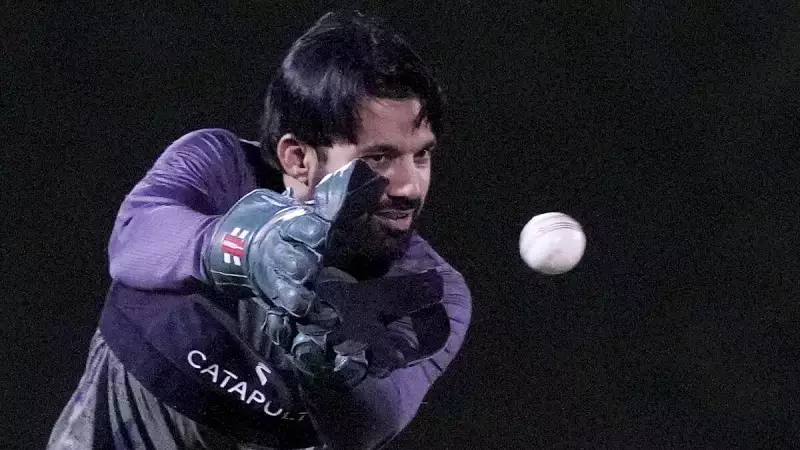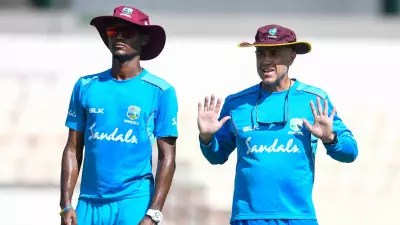
In a stunning development that has sent shockwaves through Pakistani cricket, national team star Mohammad Rizwan has taken a firm stand against the Pakistan Cricket Board by refusing to sign his central contract for the 2024-25 season.
The Contract Controversy
The PCB had placed Rizwan in Category B of their central contract structure, a decision that has clearly not sat well with the accomplished wicketkeeper-batter. This categorization places him below top-tier players like Babar Azam and Shaheen Afridi, who secured spots in the elite Category A.
A Matter of Principle and Performance
Rizwan's refusal to put pen to paper isn't just about financial considerations—it's a statement about his value and contributions to the national team. The 32-year-old has been one of Pakistan's most consistent performers across formats, making his Category B placement particularly surprising to cricket analysts and fans alike.
What makes this stand even more significant:
- Rizwan has been a mainstay in all three formats of the game
- His batting averages and wicketkeeping skills have been exceptional
- He's consistently ranked among top T20 batters globally
- His partnership with Babar Azam has been crucial for Pakistan
Broader Implications for Pakistan Cricket
This bold move by Rizwan highlights ongoing tensions between players and the cricket board regarding contract categorizations and compensation structures. It raises important questions about how player value is assessed and rewarded within the Pakistani cricket ecosystem.
The situation remains fluid, with both parties likely engaged behind-the-scenes negotiations. However, Rizwan's very public stance signals that players are increasingly willing to challenge board decisions they perceive as undervaluing their contributions to the national team.
This developing story represents a significant moment in Pakistan cricket administration, potentially setting precedents for how player contracts and categorizations are handled in the future.






